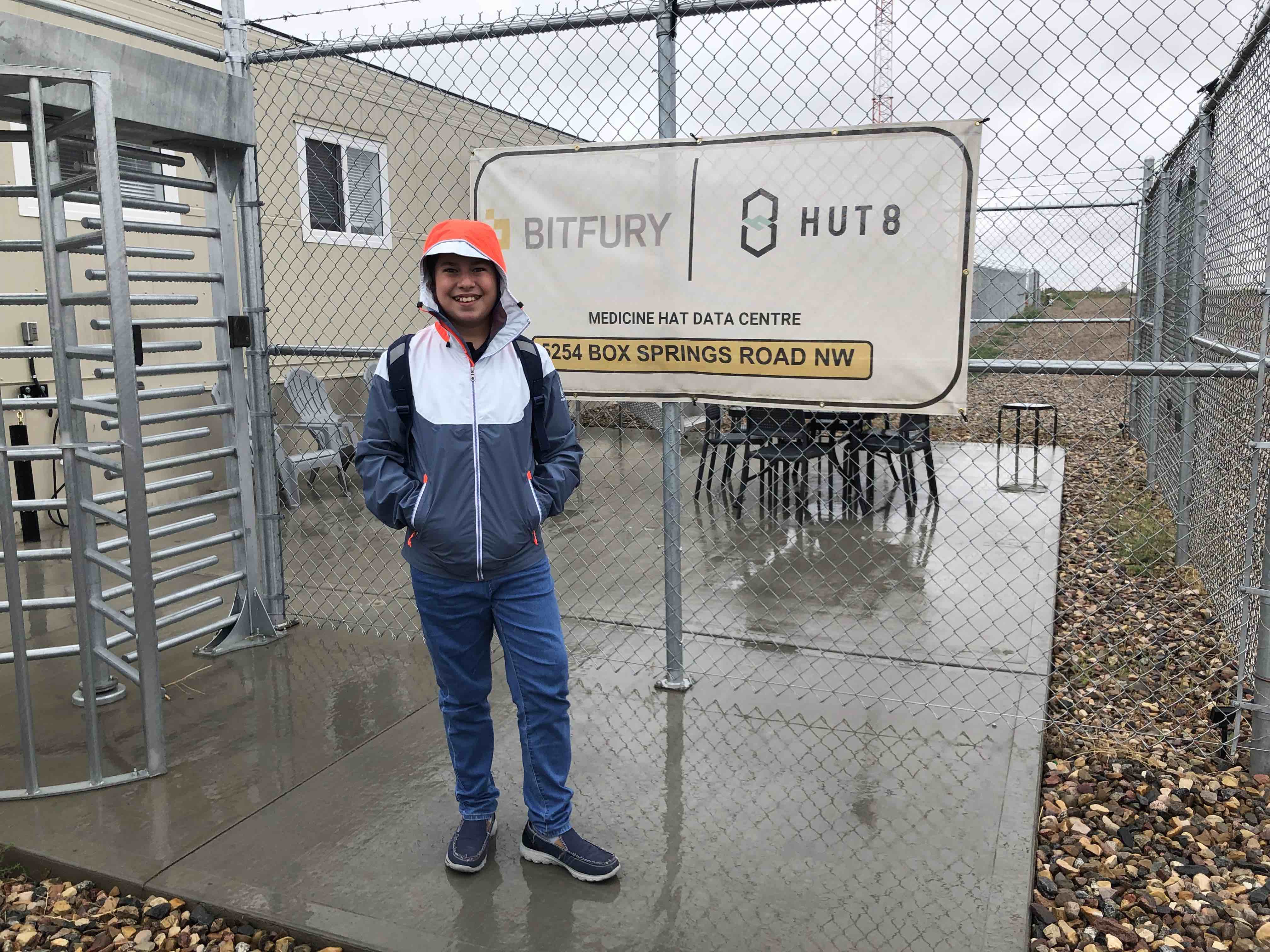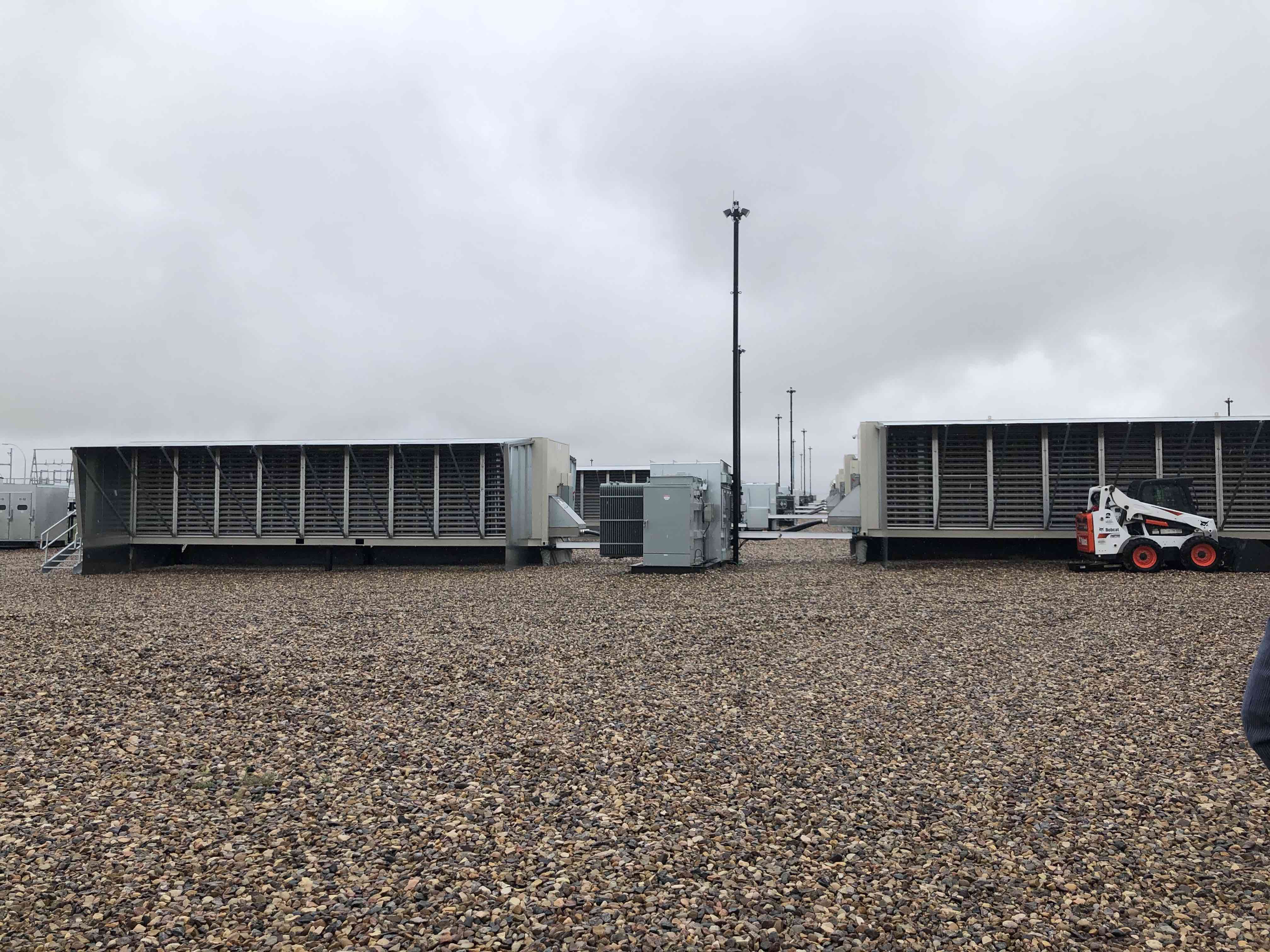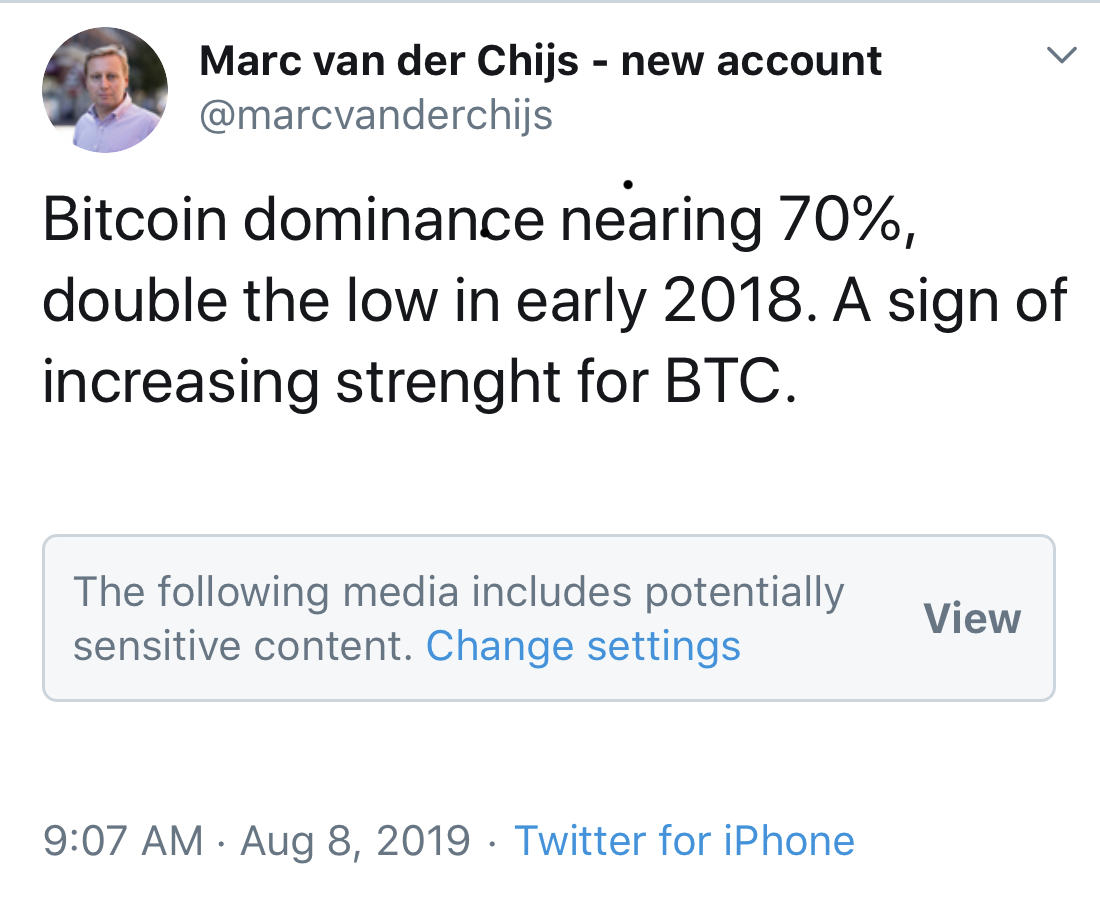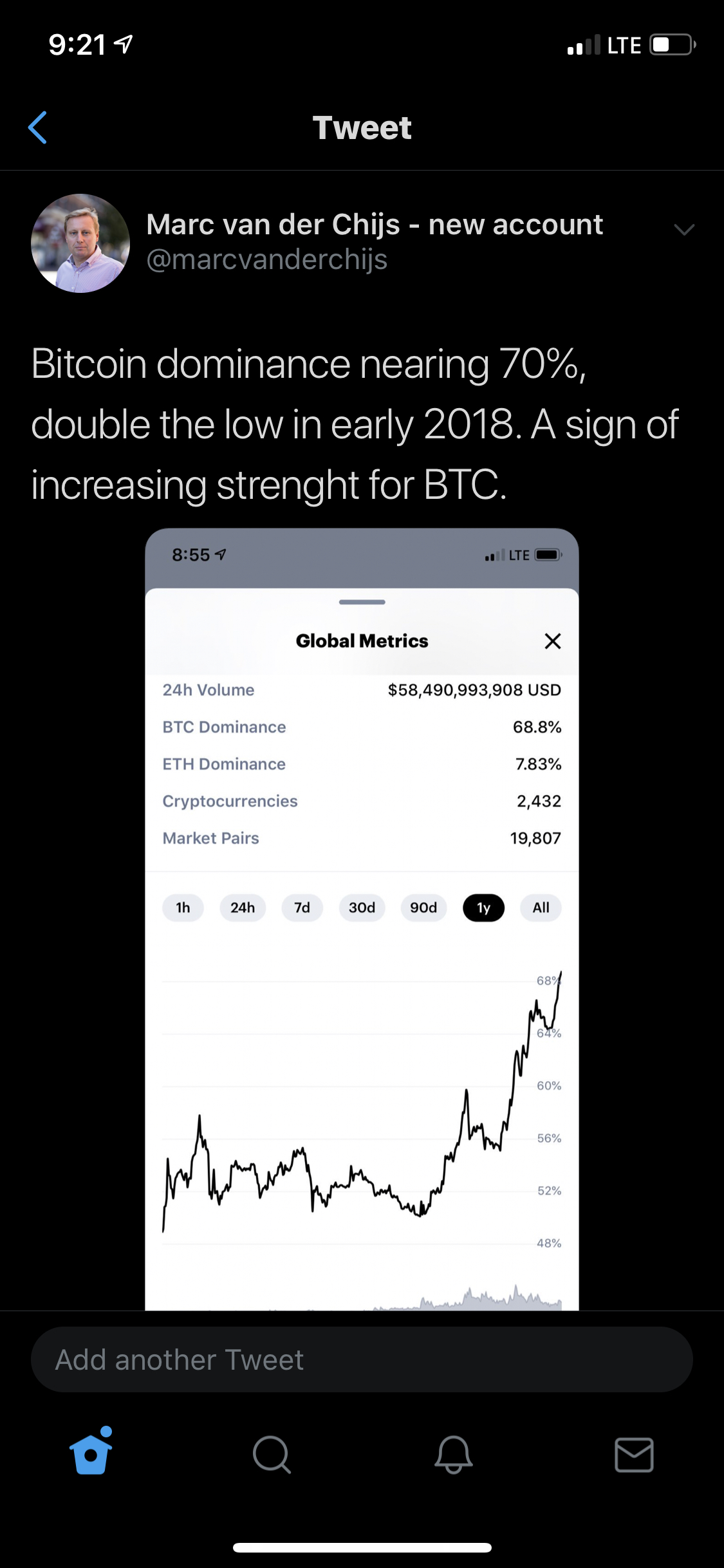The past weeks my research focus has mainly been on potential solutions for the climate crisis. I looked at many climate solutions that are feasible, but most are very hard to achieve. My favourite one is carbon capture, basically sucking CO2 out of the air, which is possible but extremely expensive. When we visited carbon capture company Carbon Engineering a couple of weeks ago I think they told us that one plant would cost about half a billion dollars to build. And if I remember correctly, in order to take out all the CO2 you would need to build 40,000 plants. That means trillions of dollars of investment capital…
I was impressed with what Carbon Engineering achieved though. They may be able to pull this off (there is a demonstration plant already), which is fantastic news, although it remains to be seen if the world is willing to pay for it. But I am optimistic and think there will be solutions for this. Carbon credits come to mind for example, but also the fact that currently the oil & gas sectors get annual global subsidies of over $5 trillion (!). So the money is there, it would just need to get redistributed.
There are many other solutions to go to a carbon neutral or carbon free world, but they all seem to come with their own set of problems. Personally I am in favour of quickly changing the world to nuclear power to solve the climate crisis. Current nuclear technology is light years ahead of where it was a few decades ago, and it is now even possible to build personal nuclear reactors. But the general public is afraid of nuclear power because of accidents in conventional nuclear reactors like Fukushima. That is understandable and I was afraid of it myself for a long time as well. But I know technology has come a long way and we can now build safe nuclear reactors that will not be able to blow up. Of course there is still the issue of nuclear waste, but if that’s the price to pay for stopping climate change I believe it’s worth it.
One thing I had missed so far is the potential of nuclear fusion, which is very different from nuclear fission (current nuclear reactors are all nuclear fission). I have been following companies like General Fusion (located just outside Vancouver), but I did not realize how far they have come until I read an article by my friend Wal van Lierop in Forbes this weekend. Wal is Dutch as well and like me he also lives in Vancouver. He is the founding partner and executive chairman of Chrysalix Venture Capital, which among others invested in General Fusion.
The article that Wal wrote about fusion energy was eye opening to me. It turns out we are only 5 years away from the first proof-of-concept fusion energy demonstration plant and 15 years from a commercial roll out. It could have been much faster but it has been very hard to raise money for fusion energy.
That’s partly because of the difficult technology, but the main reasons seem to be economic and political. As Wal puts it in his article:
Fusion is an existential threat to the existing energy industry. If fusion worked cost-effectively at scale, it would complement renewables and provide abundant, safe, affordable and clean energy for everyone on the planet. International relations and economics would be upended in ways that are hard to predict. Fossil fuel companies would be rendered obsolete. This could cause massive disruption on the world stock markets.
Just a few billion dollars would be needed to bring fusion from where it is today to being commercially viable, and to shorten the timelines to the availability of commercial fusion energy. To me it seems like a no-brainer, especially in the age of the rapidly developing climate crisis. The oil and gas industry has the money to do this, but it also has the power to slow it down because it is not in their best interest. They want to keep on burning fossil fuels, and that is why they fund companies like Carbon Engineering that will allow them to keep doing what they are doing. Don’t get me wrong, I am glad that they fund carbon capture technology because it has the potential to save the world, but it does not give them an incentive to stop mining for oil and gas.
The best thing about fusion energy is that it safe, simply because the process stops once the energy input stream stops, so there is no risk of overheating and blowing up. There is hardly any waste and the waste has a half live of just a few hundred years. And it’s very efficient, to quote the article:
It takes roughly 55,000 barrels of oil to heat 10,000 homes for one year. With fusion energy, it would take one liter of deuterium and tritium, extracted from water, to power those 10,000 homes. And whereas those 55,000 barrels of oil would release 23,500 tons of carbon dioxide, fusion produces no emissions.
To me investing in fusion energy seems like a huge opportunity that will pay off big time, especially once the climate crisis starts really hitting us. It’s something I am going to spend more research on.







